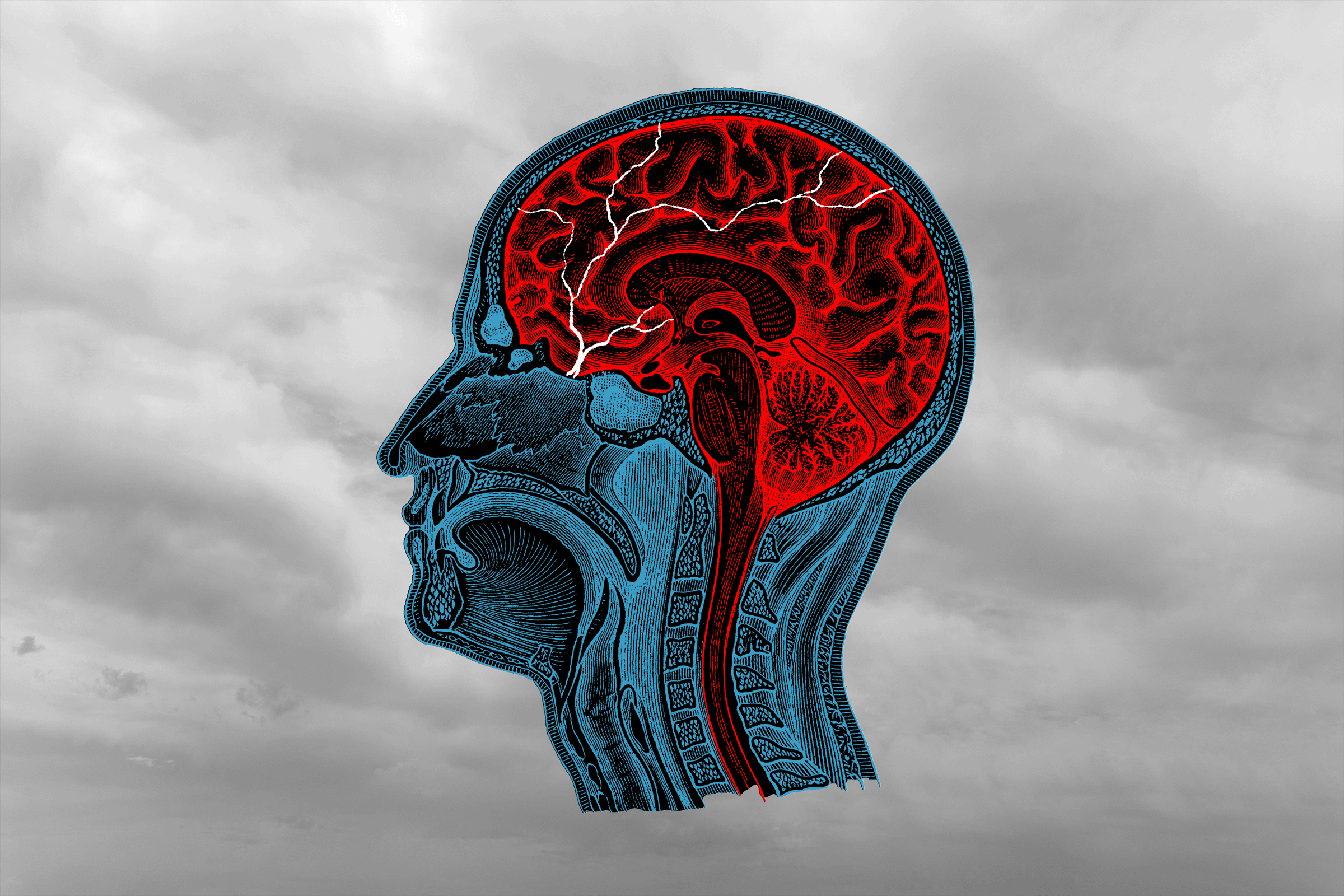BODY WATCH : Aches, Pains and Weather
- Share via
It was the kind of health information you never questioned. After all, it came froman authority--not your doctor, but from your mom, your grandpa or maybe even your pal who once dated a med student. From time to time, we’ll look at these long-held health “facts” and answer the question--sorry, Mom -- true or false?
*
When joints ache, it means rain or some other weather change is on the way.
True. “Doctors who have been in practice a while hear this too many times to dismiss it totally,” says Dr. David Horwitz, chief of rheumatology at USC School of Medicine. Although he’s not aware of a definitive study, Horwitz says there just might be something to it when people say they can feel weather changes in their bones. People might be sensitive to the barometric pressure changes, he says.
“My patients are much better predictors of the weather than some weathermen,” adds Dr. Robin Dore, an Anaheim rheumatologist and UCLA assistant clinical professor of medicine. “It’s true, your joints can ache when there’s going to be a change in the weather, such as rain or a temperature change. In areas where there are lots of changes in barometric pressure, researchers have shown that people have more flare-ups with their arthritis.”
*
If you can move an injured finger or toe, that means it is not broken.
False, says Dr. Charles Resnick, hand surgeon at Orthopaedic Hospital, Los Angeles, and USC assistant clinical professor of orthopedics. Even if an appendage can be moved, it might very well be fractured, Resnick says.
Patients often ask him, “So why can I still move it?”
Explains Resnick: “Even when the bone is broken, muscles and tendons can still be attached and the bone can still function, at least partially.”
After a fracture, it can take time for pain to set in, he says, because it follows the leaking of blood and other substances from the injury point.
Resnick’s rule of thumb when trying to decide whether an injury needs medical attention: “If your finger (or anything else) goes off in a direction it normally does not go, assume it is fractured or dislocated until proven otherwise.”
If still in doubt?
“It doesn’t hurt to get an X-ray.”
*
If a cold gets too bad, it could turn into pneumonia.
False, says Dr. John Dalton, a pulmonologist and medical director of respiratory therapy at Santa Monica Hospital Medical Center.
Most normal, healthy people with colds do not go on to get pneumonia, he says. Pneumonia, a lung infection, can be caused by viruses, bacteria or other organisms.
An individual weakened by a cold might then be more susceptible to pneumonia, Dalton says, but even that “occurs infrequently.”
Anyone with lowered resistance--such as elderly diabetics, people with AIDS or those with emphysema--should consider getting vaccinated against pneumonia.
*
Cracking the knuckles makes them bigger.
False. “There are no known detrimental effects to cracking the knuckles--except, of course, irritating your spouse or parents,” says Dr. David Mesna, orthopedic surgeon at Kaiser Permanente, Woodland Hills.
“But it does not lead to bigger knuckles or to degenerative changes. And a lot of times it makes the joint feel better,” he says.
For some people, cracking the knuckles is a nervous habit, Mesna says. He doesn’t notice that women are more likely than men to crack knuckles or vice versa.
* Doheny cannot answer mail personally but will attempt to respond in this column to questions of general interest. Please do not telephone. Write to: Myth Busters, Life & Style, Los Angeles Times, Times Mirror Square, Los Angeles, Calif. 90053.




